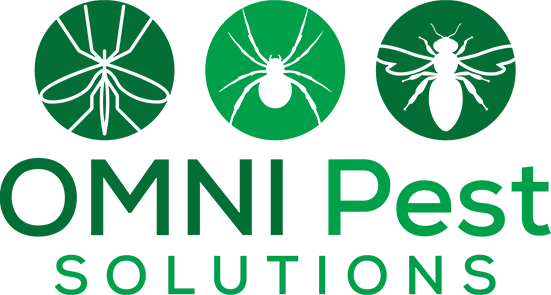The house mice are the severe cause of health issues and can reproduce very quickly. Avoiding house mice from entering your home is critical. House mice can transmit bacteria, spread viruses, and infect food. A constituent part of their feces and urine can even become an inflight, more spreading disease and possibly activating asthma or allergy signs. As house mice excrete so often, their droppings can accrue quickly in hidden spaces within your home, like the inside the walls and garret spaces. House mice can also unwittingly bring in other pests with them, including fleas, ticks, mites, and lice, which can also transmit bacteria and diseases into your home.
Prevention Tips
By following these simple tips, owners can reduce the probability that mice may enter their homes looking for food or shelter.
- Mice can fit into very small spaces so it’s important to seal all cracks that could provide entry into your home.
- Precautions like installing door arches on exterior doors, repairing damaged screens, screening vents and openings to chimneys, sealing cracks and holes on the exterior of the home, and replacing slack filling and weather stripping all help to eliminate possible exterior entry points that house mice may use.
- It is also important and essential to keep away food, water, and harborage possessions that may attract mice to your home.
- Store food in airtight containers, dispose of garbage regularly, keep garages and closets mess-free, be sure attics and crawl spaces are well-ventilated and dry, store firewood at least 20 feet away from the home, and keep hedging well-trimmed.
- If you are doubtful you have a house mouse infestation in your home, make sure to take professional help immediately. The professionals in this field are trained on how to get quickly and safely rid of mice in your walls, attic, or anywhere else in your home.


